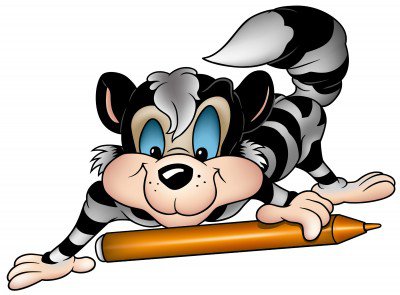Nahuatl poetry is what you might be thinking about while you're listening to track number five. Indigenous juxtapositions of beauty and death. The song is called "Moss and Flowers" so you have to know that if eternity is what you're after then it's not the kind of eternity that can be measured with an infinity of clocks. You get a very nice experience of duet here, with the harmonies on the guitar parts split between the buds of your Skullcandy (TM).
While speaking of death, "Red Badge of Courage" takes us into war zones of the mind where we have sent our kids these past decades. Somehow, you know the song already. It's just a matter of hearing it played for the first time. Track six is an excursion into protest music, with the weariness of our war habits sounding deep down.
"It's unbelievable" is how I want to sing the opening stanza of track seven's "Train Yard," and we are indeed treated to an unbelievable metaphorical trip involving a red hot penny. Even the great Yeats would nod to the greatness of this hot penny poem, looped in the loops of its steam-powered grip.
"Coochy Coochy" is a plain song of desire with a
profoundly felt absence of the one thing that makes everything else sweat. It's a fun song, simple, and I reckon
it may begin to replace "Snake Farm" as a crowd sing-along favorite
the next place Ray Wylie Hubbard plays.
One more sing-along song is not surprising from Mr. Hubbard who, as we
say in Texas, writes sing-along songs, "so well, so well, so well." Thing is, this tune was written by Ringo.
If we find ourselves lost in a mood for another Hubbard Mother song, track nine is called "Mother Blues." It's the longest track on the album and may be properly styled epic. The thing about Hubbard's Mother songs is you can't help but find yourself laughing from the gut. You may want to get yourself checked for hernia after this track, and if a professional is unhandy, perhaps a lay practitioner will have to do.
The genre that Hubbard works in is listed on my iTunes spreadsheet as "Country," so you'll not find it out of place for Mr. Hubbard to sing a little song about a rooster, some chickens, foxes, a blackbird, and the way truth stains our memories like wood. The song is called "Henhouse," but the whole family is here, including a grandpa with Dixie roots.
The blackbird from "Henhouse" reprises its appearance in track eleven. "Count My Blessings" is a song that weaves a grifter's autobiography with reflections on the death of Sam Cooke. The grifter assures us that three card monty is a lucrative occupation if you keep the game moving fast enough. And the grifter somehow can't forget how the jury acquitted Sam Cooke's killer in fifteen minutes flat. In such a fast-paced world, an ironic sense of gratitude can some days help a living body try to get by.
Pretty much everything I know about country music is what I've learned from Willie Nelson shows, so when country music concerts end with gospel tunes I think of young Willie playing honky tonks all night Saturday and then staying up to play church Sunday morning. Somewhere the line between Saturday night and Sunday morning gets crossed, you might say. So when Ray Wylie Hubbard ends this Dionysian romp with a song about God's light, it's like we've all stayed up through sunrise. To our day-people's routines we have been re-delivered. Nor have we forgotten to tip the night people for the things they come to do.
[modified 5/1/12]
(Note: You can view every article as one long page if you sign up as an Advocate Member, or higher).





